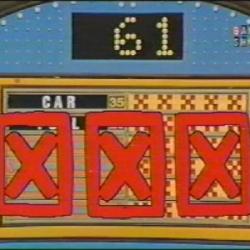During the Oct. 1 White House press briefing, Scott McClellan was asked about the possibility of a "polygraph examination" as part of the Justice Department's investigation into possible treason at the White House.
Both CNN and MSNBC have repeatedly referred to this as the possible use of "lie detectors."
"Lie detectors"? There is no such thing as a "lie detector."
A polygraph merely measures stress. Or, rather, it measures responses which — in some people, in some circumstances — may indicate increased stress. That is a far more modest claim that the ridiculous notion that these machines are "lie detectors."
Polygraphs are also notoriously stress-inducing and intimidating. Often all they are able to measure, in fact, is a person's understandable discomfort at the process of being hooked up to such a contraption.
Referring to polygraphs as "lie detectors" is inaccurate and, well, a lie. It's one more way the cable news networks are helping to make America more stupid.
Polygraphs rightly deserve their place in this list (via rc3) of "Ten Technologies That Deserve to Die." Bruce Sterling writes:
They just plain don't work. They might have some vague use in increasing the psychological stress of a subject under interrogation, but galvanic skin response and heart rate have little to do with the process of lying.
Even if a true "lie-detecting" machine could be devised, Sterling argues, it would prove more dangerous — and depressing — than useful:
If we were forced to confront and reveal our brain functions through technological means, most of us would soon discover that we led half-baked lives of quiet intellectual desperation, in which very little thought of any kind ever took place.












